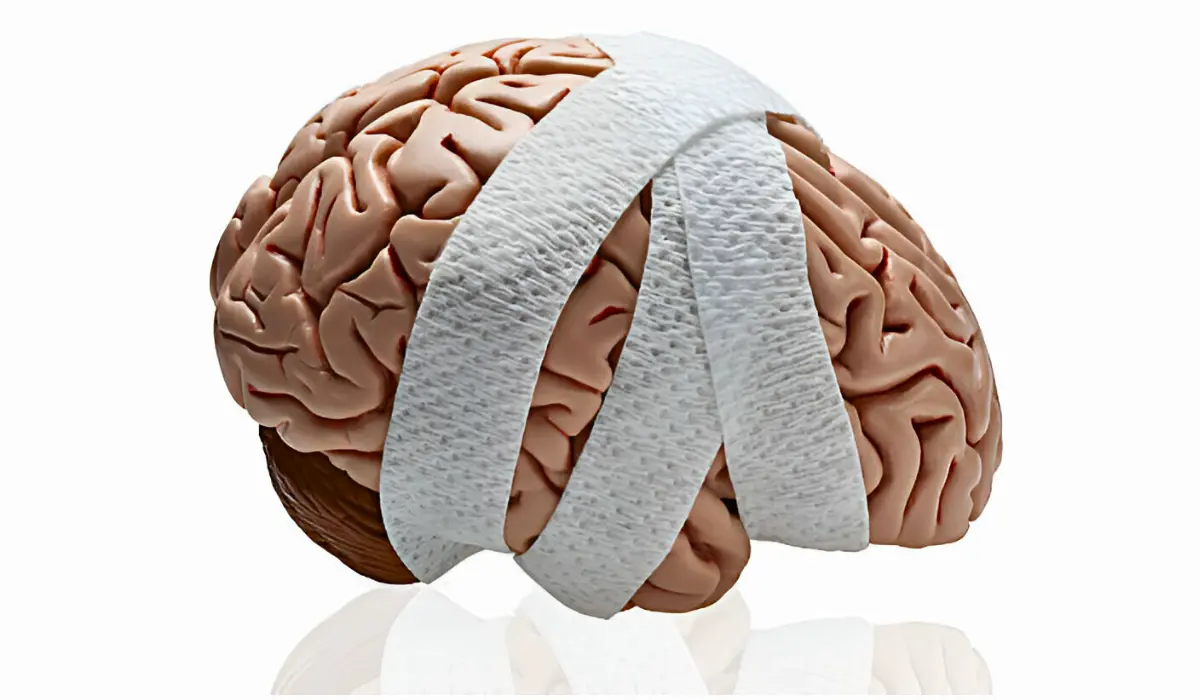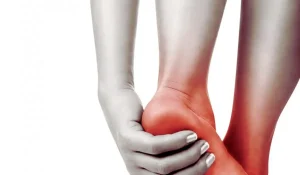Recovering from a concussion could be more traumatic than it appears. The effects and setbacks of concussions vary from one person to another. The duration to get back to normal life depends on their recovery stages. Concussions can be mild as well as severe. A mild concussion may require only a few days to recover, while severe cases may result in physical injury and mental effects that may take months or years to recover.
Unfortunately, more than half of the patients with severe concussions take more than just a few months to recover. Meanwhile, around 80% of the concussed patients with mild injuries recover in 2-3 weeks with the assistance of proper healthcare guidelines. However, the stages of recovery remain the same for patients with mild and severe concussions.
Here, we will discuss all the stages of concussion recovery in detail. Before that let’s understand more about concussions, their symptoms, and how they impact our health. Keep reading to find out more about it.
Understanding Concussion
A concussion is a form of brain injury caused when a strong external force hits the head. A concussion may also occur when the upper body is struck with an external force forcing it to move the head forward and backward. A sudden blow to the head may disrupt the normal functioning of the brain and might affect the patient’s memory, concentration, balance, and hearing.

Patients who experience concussions undergo mild and severe injuries. Side effects and symptoms are visible in concussion patients. Side effects like nausea, dizziness, confusion, and headache. These side effects are said to be improved over time. However, patients may experience permanent damage such as memory loss, and hearing problems. Loss of smell and taste, and many others.
A single concussion may not be severe. However, experiencing two or more concussions can lead to life-threatening brain injuries. Often during post-concussion patients may develop neurovascular complications. When a concussion occurs, the area of the injury gets inflamed. The neurons and tissues surrounding the area get affected resulting in a lack of oxygen supply and disrupting the transmission of brain signals. Therefore, symptoms can go on for weeks to years. Since there is no specific treatment, specialists have been treating the symptoms gradually to help recover them.
Six stages of concussion recovery
There is no instant relief medication for brain injury. Gradual recovery with self-healing is the natural and best way of recovery. There are six stages of brain injury recovery. Details of each stage are given below:
- Acute Injury – Acute injury is the period after a concussion where doctors examine the injury and look for any internal injuries. During this phase, they are advised to refrain from all the activities as well as from medications, and alcohol.
- Physical rest – Rest is much needed after a concussion. It allows the brain to heal itself without complicating the damage. The patient must take adequate rest during post-concession. During this time, another person must accompany the patient who can help observe for symptoms and seek additional care if required.
- Observation for post-concussion syndrome – If the patient does not seem alright, then doctors will further examine for any signs of damage in the brain. Even though the patient looks alright, he/she must consult with a doctor before continuing with the active lifestyle. If the patient gets diagnosed with post-concussion syndrome, he/she will be requested for further checkups.
- Physical rest – Diagnosing for post-concussion syndrome can be difficult as there is no cure for it. Patients may feel the same symptoms but with more severity and duration. How patients respond to the treatment differs. The best way to deal with is to rest and allow the brain to repair the damage itself, while you can support the body with healthy nutrients and vitamins for the repairing purpose,
- Therapy and Rehabilitation – If the patients cannot manage post-concussion symptoms themselves, then they can undergo brain injury therapy and rehab. Along with rest, it is important to perform mental cognitive exercises for the development of cognitive functioning.
- Gradual recovery – The road to recovery will have ups and downs. Since it is the most important function of the body, it will take some time to heal itself while looking after other activities at the same time. It may take weeks or years to completely overcome the trauma.
Conclusion
Brain injury can be mild and harsh. Whatever the scenario is, the severity of the brain injury cannot be predicted with the naked eye. It is always better to seek medical assistance and undergo tests to find out the cause and symptoms. If the brain injury.is mild, the pain and other symptoms may recover in no time.
However, if the brain injury is severe, there is no chance of instant recovery. Patients must have patience and confidence. Good morale and healthy food habits may help the body boost its healing abilities. A proper diagnosis and holistic therapy would be crucial for recovery.







